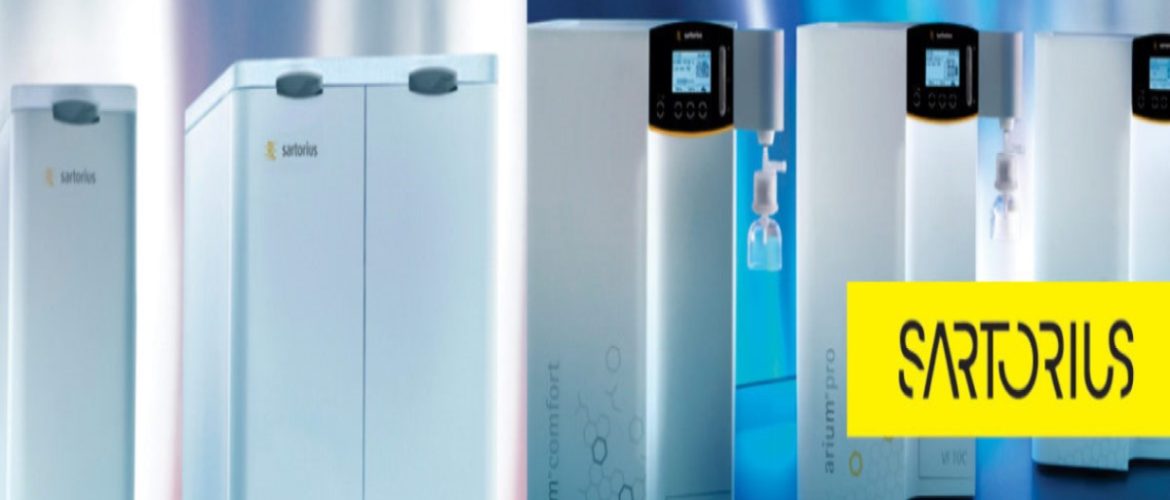Before going to purification techniques, it is important to understand that Water is available naturally in various forms like seawater, river water, underground water, etc. It comes along with many contaminants like chemicals, minerals, salts, microbes, microbes, etc solid particles.
Therefore it is required to purify water to the maximum as any contaminant can interfere with lab experiments and Water quality is determined by the technologies used to remove contaminants. Normally used purification techniques include; distillation, ion exchange, activated carbon, microporous filters, ultrafiltration, reverse osmosis, continuous deionization, and ultraviolet (UV) radiation.
Using the above-mentioned techniques, feed water is subjected to various purification steps based on the desired output we need. As per standards, types of water after purification are classified as follows;
| Water output | Common terminology | Purification process involved |
| Type 3 | RO water | Pre-filtration adsorption + Reverse osmosis |
| Type 2 | EDI water | Electronic deionization |
| Type 1 | Ultrapure water | UV Oxidation + Ion exchange + Ultra filtration + Membrane filtration |
There are various standards that govern the water purification steps and how a lab water system should function in order to get the output one needs for a lab. They are mainly by;
- The American Society for Testing and Materials (ASTM)
- The International Organisation for Standardisation (ISO)
- The Clinical and Laboratory Standards Institute (CLSI)
- The International Pharmacopeia (including USP, EP, JP).
Some of the application areas where each type of waterfalls is are listed below:
Type 3 water – Water for laboratory devices like Autoclaves, pH testing, buffer preparation, media preparation, etc.
Type 2 water – Experiments like ELISA, Histopathology experiments, Chemical solution preparation, the feed water source for type 1 systems.
Type 1 water – AAS, HPLC, ICP-MS, GC-MS, TOC analyzers, and other critical experiments.
For more details, write back to us at ebiz@smartlabtech.net

